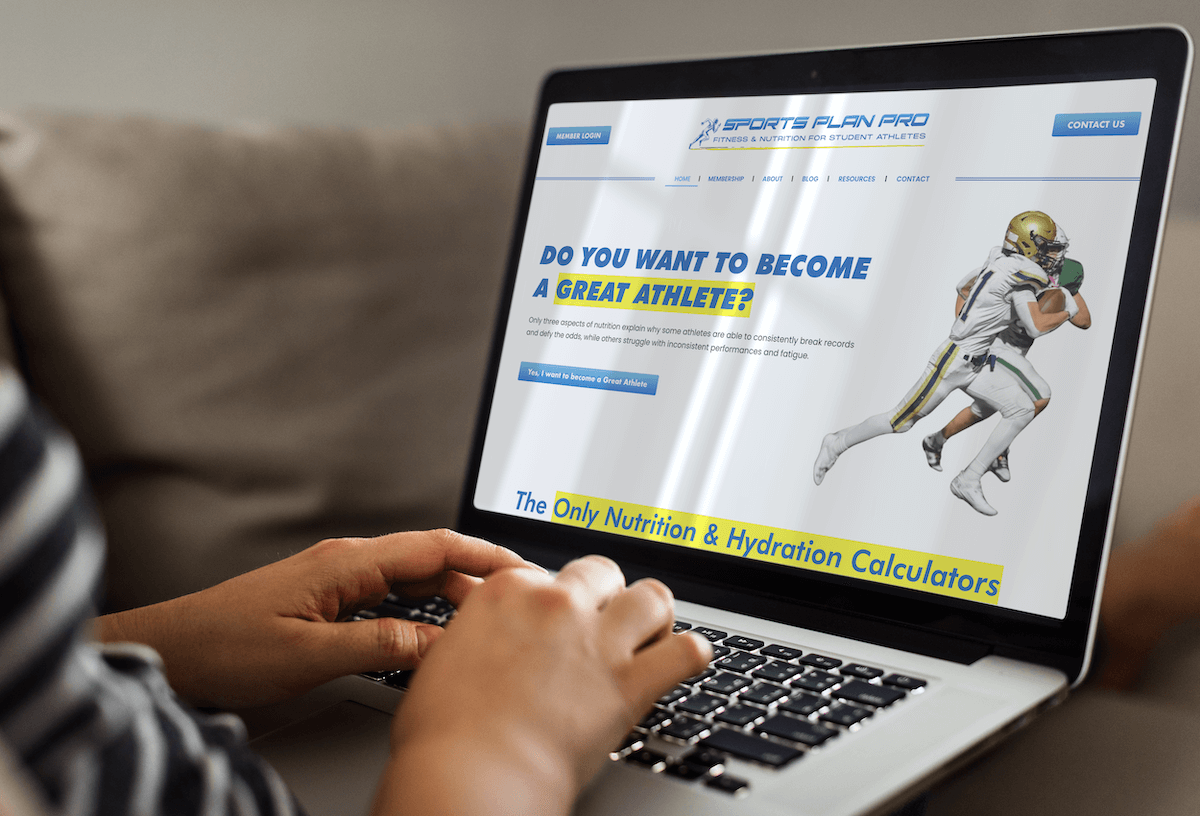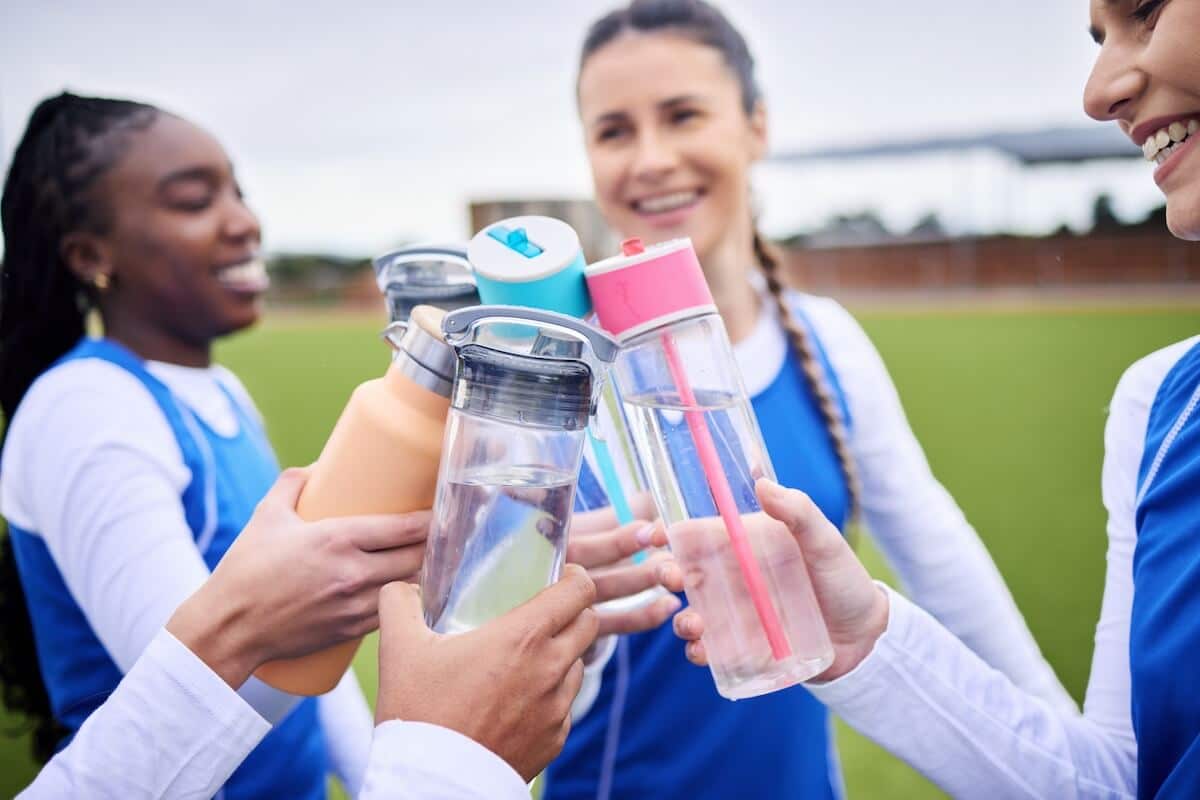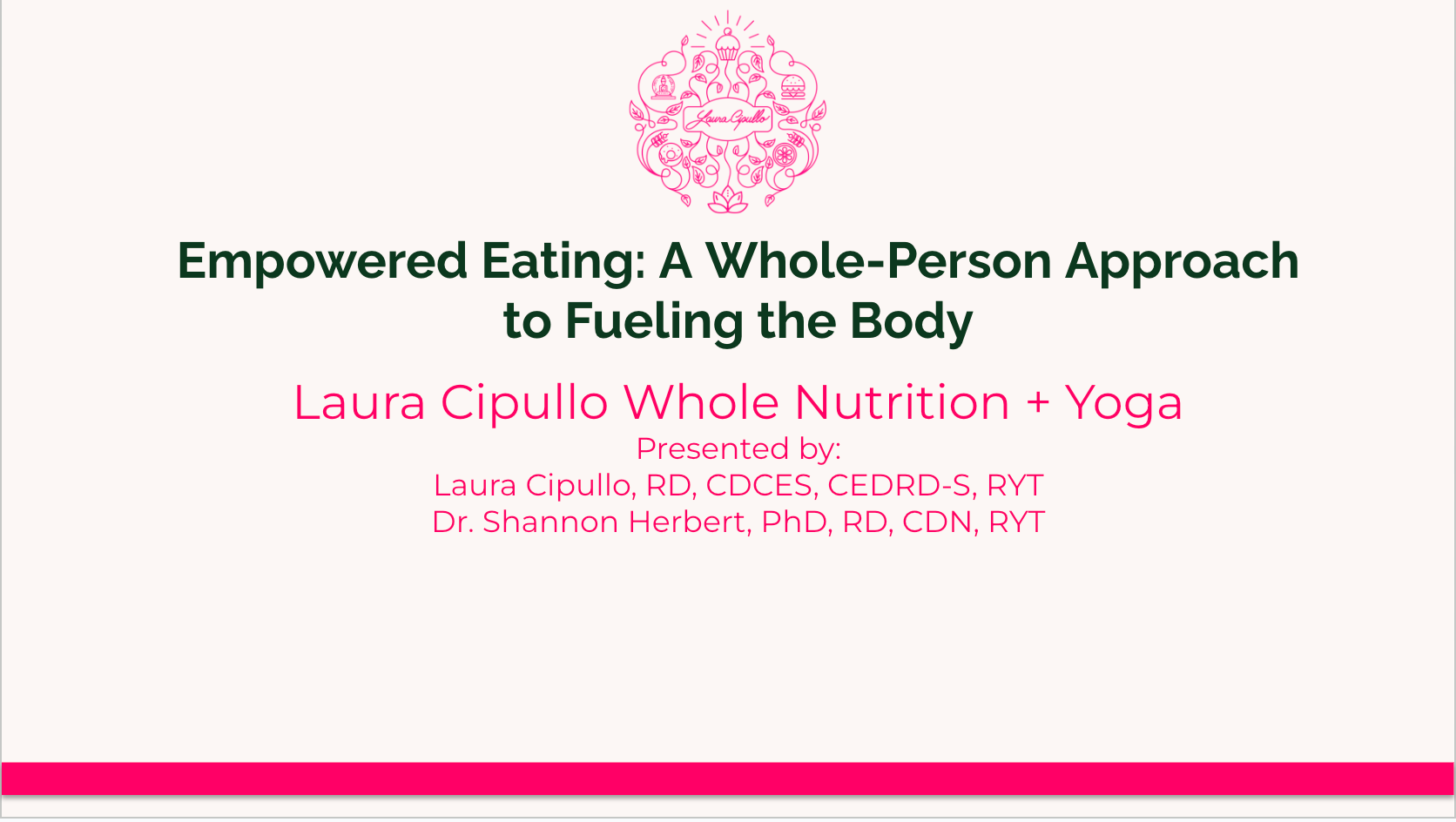By Paige Mandel, MS, RD, CDN
What are the Five Dimensions of Embodiment?
A Recap of Dr. Niva Piran’s Talk from the Body Trust Summit 2020 March 11-17 20201
In Dr. Piran’s talk, “The Five Dimensions of Embodiment”2 featured in the Body Trust Summit, one will immediately ask “what does it mean to be embodied?”
Dr. Niva Piran is a clinical psychologist, school consultant, and professor emerita at the Ontario Institute for Studies in Education of the University of Toronto. Dr. Piran is a Fellow of the American Psychological Association and the Academy of Eating Disorders. She simply states embodiment is defined as the lived experience, the way we live in our bodies. Our culture influences the way we live in our bodies as we engage with the world. Diet culture promotes disembodiment and a lack of consultation with our body in many decisions. For instance, when choosing something to eat, are we asking ourselves “Am I hungry?”, “Will this satisfy me?”, “Will this taste good?” Or are we consumed with what society wants us to choose? Therefore, we must look at the problem where it belongs, in the culture.
Dr. Piran discusses that embodiment is a central construct in our lives, related to our well-being and the way in which we live in our bodies, as well as the many facets that are taken away from embodiment in girls and women. In her research, she interviewed 171 girls and women, finding that the quality of embodied lives is shaped by 5 key dimensions, all of which must be attended to for positive mind-body connection.
The Five Dimensions of Embodiment:
- Body-self Connection: the quality of connection to the body and the degree of comfort we feel in our body as we engage with the body in the world
- Agency: both physical agency and also agency of voice, to speak up and advocate for self
- Desire: experience and expression of bodily desires. Can we connect to appetite? Can we connect to sexual desire? And through that connection, respond to it in a way that we choose, but with joy, as we wish, with attunement, and with self-care?
- Self-attunement: can we engage with the world while we are being attuned to our bodily needs, to our relational needs, to our emotional needs, and also the need for meaningful engagement with the world? Or are we suppressing that?
- Resisting objectification: can we live in the world where we resist the pressures of objectification and we live in the body with subjective immersion?
Per Piran, embodiment is an active ongoing process, it’s a lifetime, as we dynamically move through the world on our body journey. She says the body’s journey is often time silenced by culture, omitting the painful experience. This experience is also often normalized, feeling this is how it is and will be, but this experience must be problematized. The power of community, validation, and belonging in an open, safe space, is a transforming experience, renewing the sense of understanding in relation to one’s body.
Dr. Piran highlights the little societal validation for girls and women in terms of desires, in which the point of focus shifts from our own desires to our desirability. She discusses with host Dana, the crisis of desire, starting as early as puberty, from early expressions of a crush to the point where desire becomes a source of disruption to positive embodiment. Similarly, she connects desire with appetite, using the example of a young girl who enjoys broccoli, chips, and cake, who then becomes afraid of her appetite, fearing weight gain with desired intake. That same fear takes us away from our desire and towards external judgment. It is important to re-own our desires, seeking pleasure as a measure of freedom.
We must not just look at the stigma, but beyond the stigma of what opened doors will look like. It is important to build community and relationships with people who empower you, support and celebrate your desires and pleasures, looking at positive opportunities. Notice what you like and don’t like, and reflect, recapturing your pleasures.
“Pleasure is a force essential for healing and liberation”.
How do we apply this to our lives, to your life?
Laura Cipullo, RD, CDERD says to consider starting small. Ask yourself:
- Can you surround yourself with just one more individual who will empower you?
- Can you embrace your appetite for your meal or snack, knowing that the body will be satisfied and sated?
- Can you set boundaries around your body, such as using your voice in the doctor’s office to make it known you choose not to be weighed?
- Can you celebrate your differences on the yoga mat or the subway rather than comparing?
Some favorite resources to build embodiment are Rise and Rove Travel3, The Feely Human Collective4, WNDR Outdoors5, Radical Body Love – Fierce Feminist Fat Yogi @RadicalBlodyLove6 and Project Heal7, especially Camp Heal8!
Let us know what helps you to feel embodied! Share your resources!!
* for personal access to the Body Trust Summit Talks and Workbooks, purchase at benourished.org/bringthesummithome *
Resources
- Body Trust® Summit ~ Package 1 Access – Be Nourished. https://benourished.org/bt-summit-schedule/pkg1-temp-access-390uf/.
- Body-Trust-Summit-Day-1-Free.pdf. https://benourished.org/wp-content/uploads/2020/03/Body-Trust-Summit-Day-1-Free.pdf.
- Home Page | Rise & Rove. https://riseandrove.com/.
- The Feely Human Collective. https://feelyhuman.co/.
- WNDR (@wndroutdoors) • Instagram photos and videos. https://www.instagram.com/wndroutdoors/?hl=en.
- Radical Body Love. https://www.radicalbodylove.com/.
- Project HEAL. https://www.theprojectheal.org/.
- Camp HEAL — Project HEAL. https://www.theprojectheal.org/attend-an-event-1/2019/9/27/save-the-date-camp-heal.








